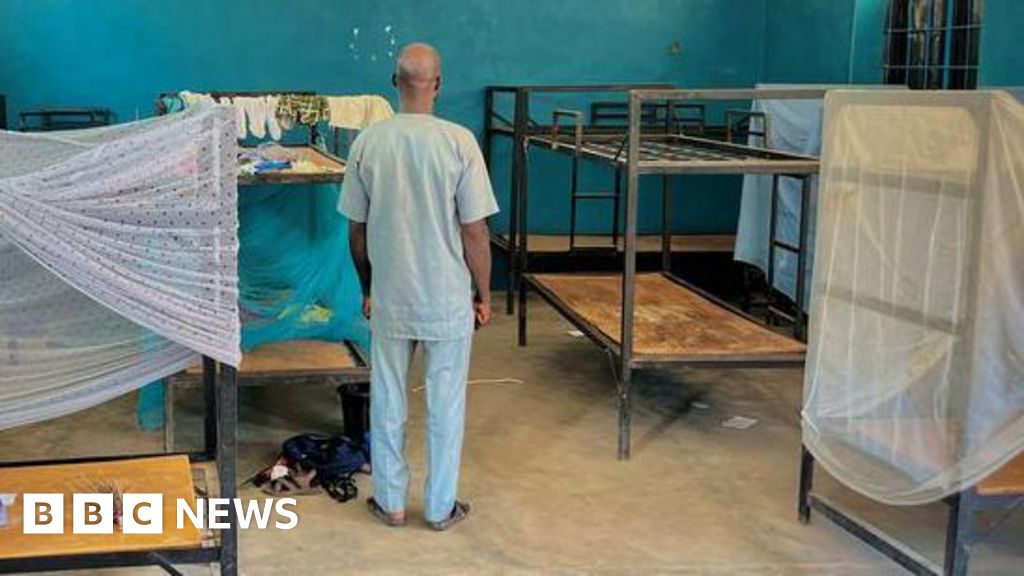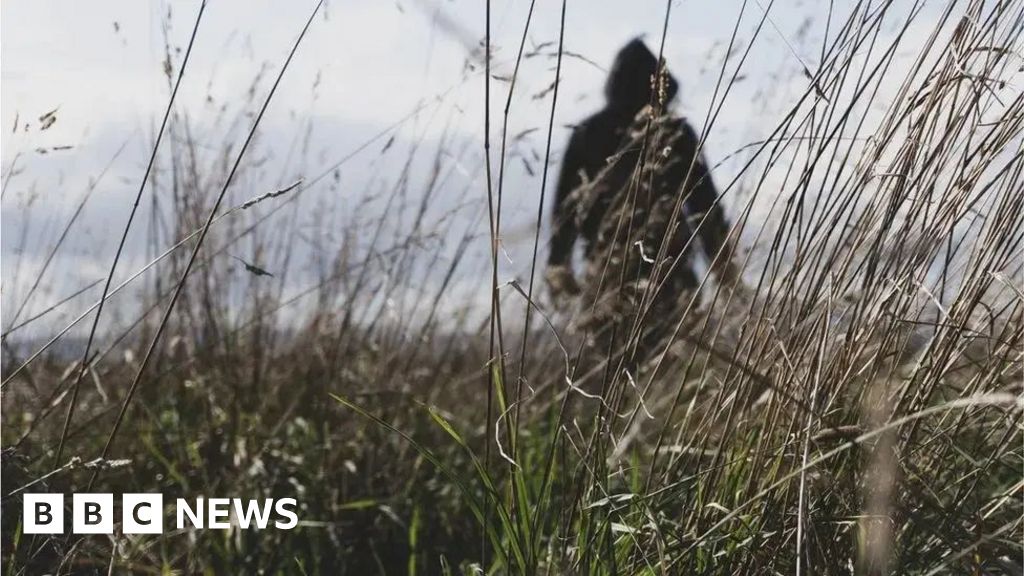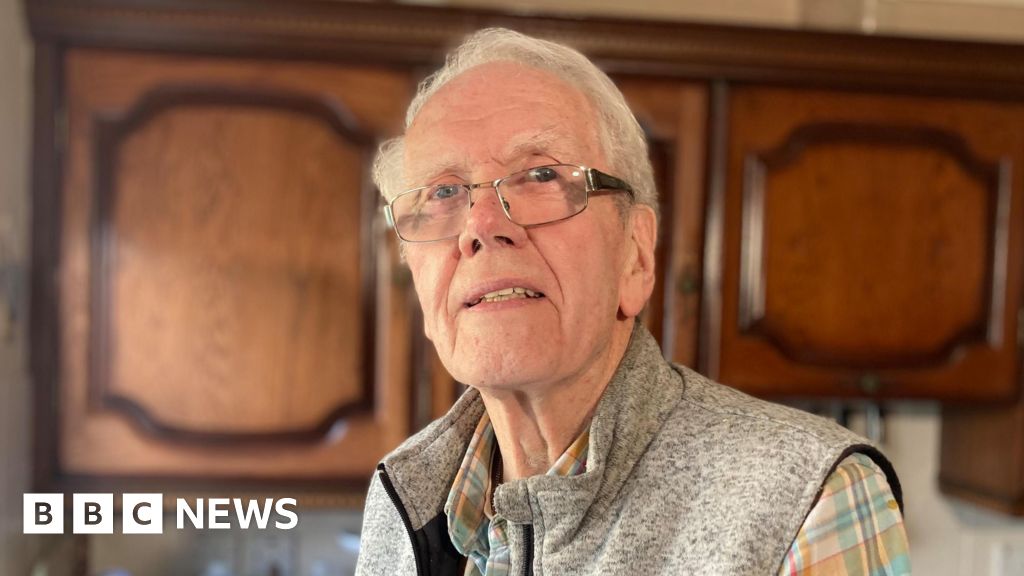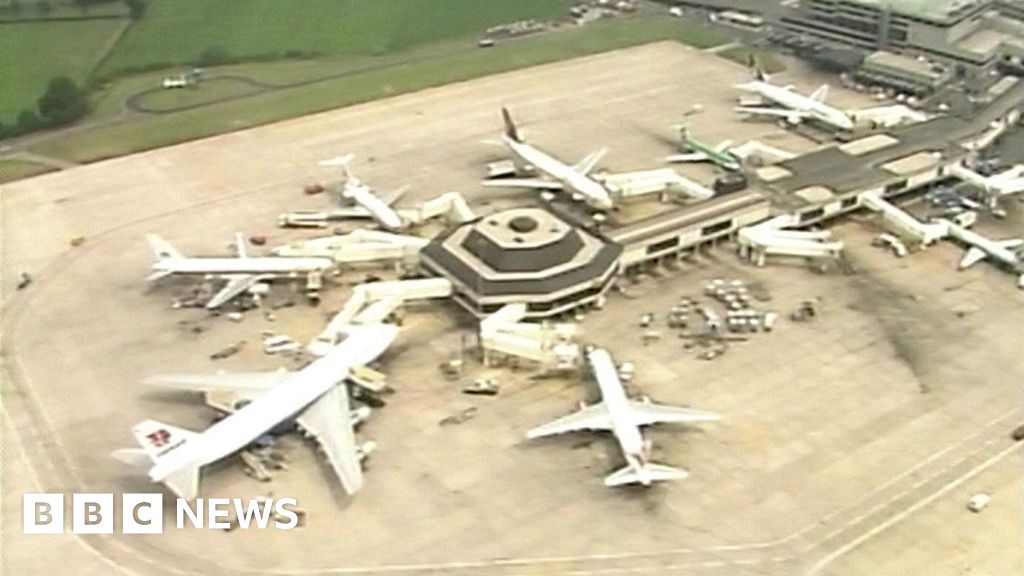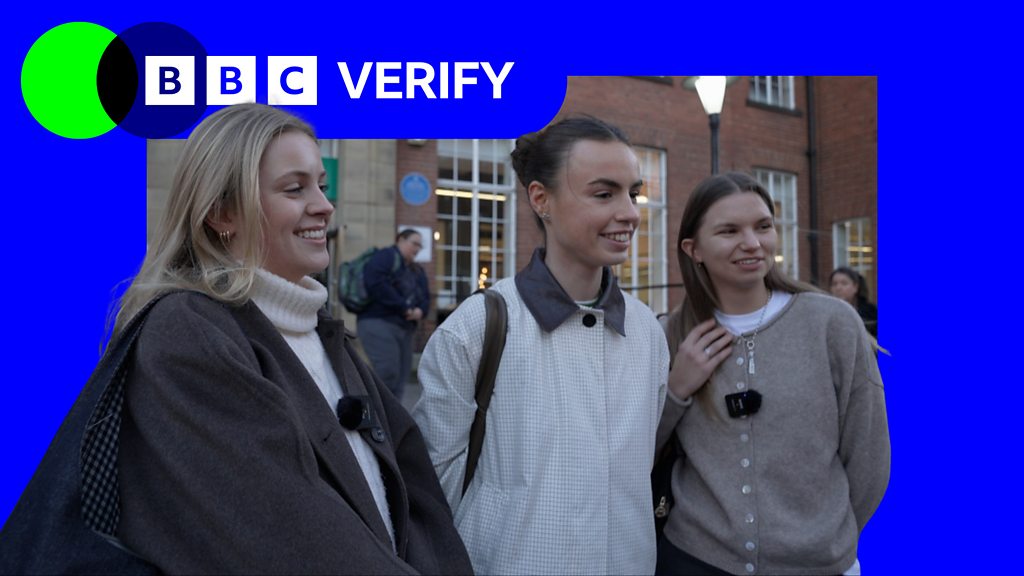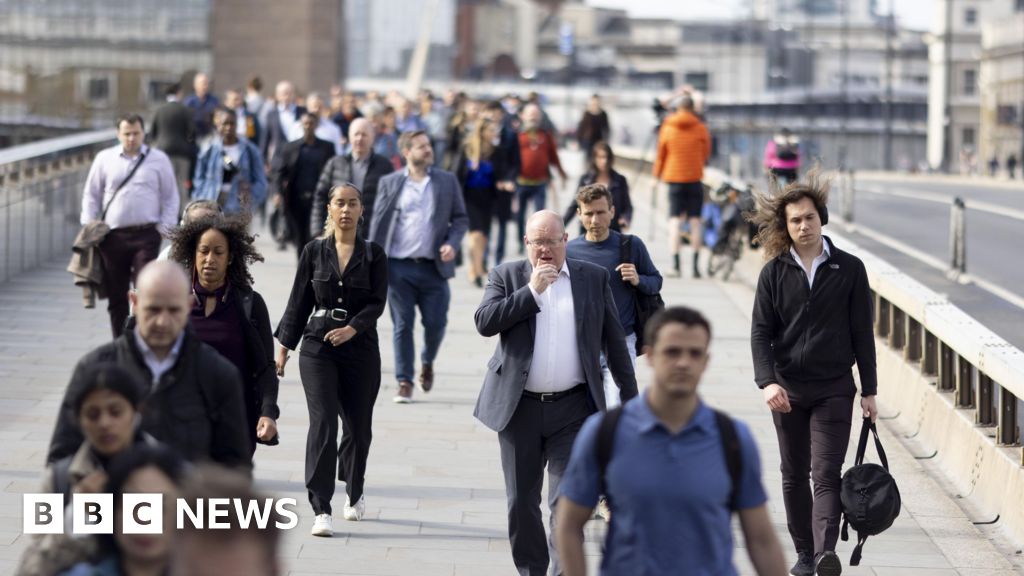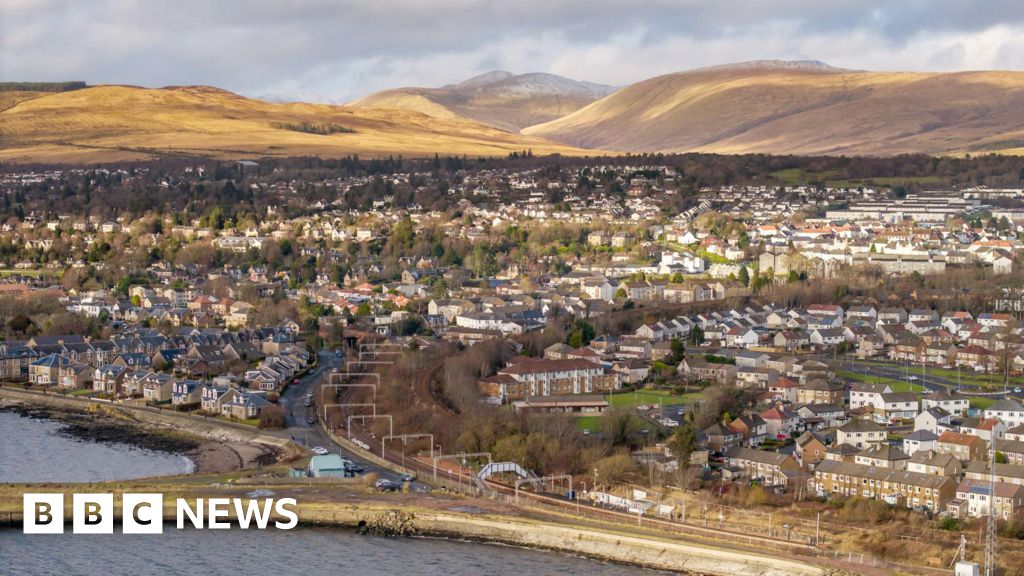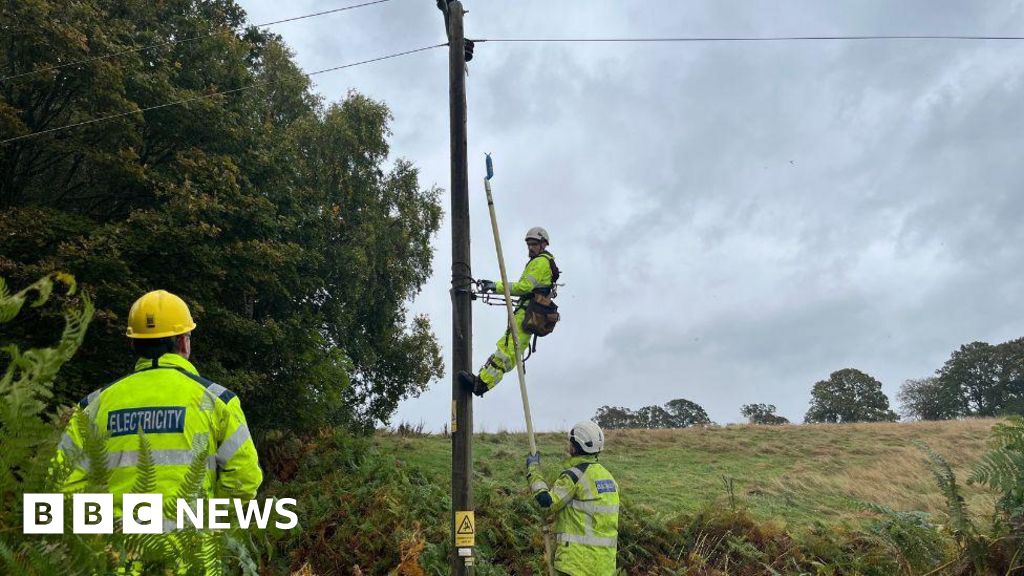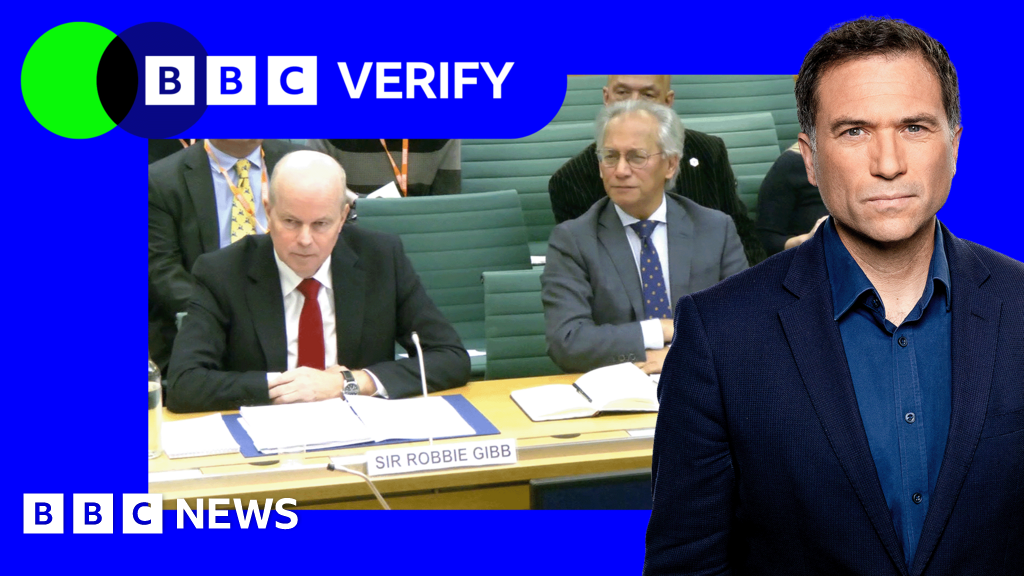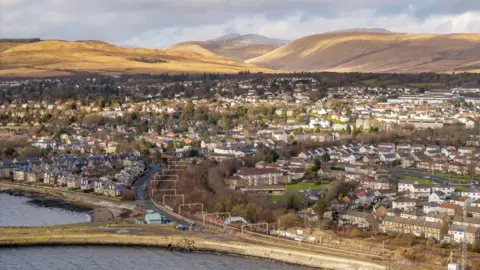 Getty Images
Getty ImagesArgyll and Bute Council has become the fifth local authority in Scotland to pause plans for a “tourist tax” on overnights stays.
Councillors voted to delay the introduction of a 5% levy after a public consultation found a lack of support due to concerns over the potential impact on the region’s economy.
They agreed to speak to the Scottish government about applying the charge differently in the area.
The local authority joins Shetland, Orkney, Comhairle nan Eilean Siar (Western Isles) and South Ayrshire who have also halted plans for a new levy.
Last year, MSPs passed a bill which gave Scottish councils the power to add an extra charge on overnight accommodation to help raise money for infrastructure used by visitors.
The council will seek advice on whether it can apply the charge as a single flat rate or tiered rate, instead of a percentage rate outlined in the current legislation.
Argyll and Bute Council ran a 12-week public consultation on a proposed 5% levy.
It found that 57% of more than 3,300 respondents did not support the charge and 52% said there should be a cap on the number of nights that it should be paid.
Council leader Jim Lynch said: “Given that the public have concerns and there is potential for legislative change, we have taken the decision to put the possible introduction of a visitor levy on hold.
“Local authorities in Scotland are facing huge financial pressures and Argyll and Bute is no exception.
“We therefore need to be realistic that in the absence of additional revenue from a visitor levy, the council may have no other choice but to make difficult budgetary decisions – many of which could affect essential services that currently support the quality of life for residents and enhance the experience of visitors.”
Local business concerns
The Federation of Small Businesses warned that the charge could end up damaging Argyll and Bute’s economy instead of bolstering it.
Hisashi Kuboyama, the FSB’s development manager for west Scotland, said he was pleased the council had “listened to the concerns of local businesses”.
He added: “There is no ‘one-size-fits-all’ when it comes to the visitor levy, so it is vital that councils carry out a specific assessment of the potential impact in their own area as Argyll and Bute did, and listen and respond to any concerns of local businesses.”
The FSB also pointed to the potential administrative burden for small accommodation providers, such as B&Bs and guesthouses.
It highlighted an impact assessment commissioned by the Welsh government which suggested that a visitor levy could reduce tourist numbers and cut visitor spending.
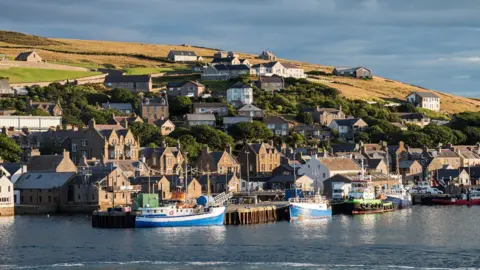 Getty Images
Getty ImagesOn Tuesday, councillors in Orkney decided against introducing an overnight visitor levy for the islands, but said they were open to the idea of a point-of-entry fee.
A feasibility study by consultants suggested businesses in Orkney were concerned about an “increased administrative burden” and additional costs.
In August, Aberdeen councillors backed the introduction of a 7% visitor levy for the city.
And earlier this year, councillors in Edinburgh and Glasgow approved a 5% charge on overnight stays in hotels, hostels, guest houses, B&Bs and self-catering accommodation.
Several other regions in Scotland are looking at similar plans, including Highland Council.



